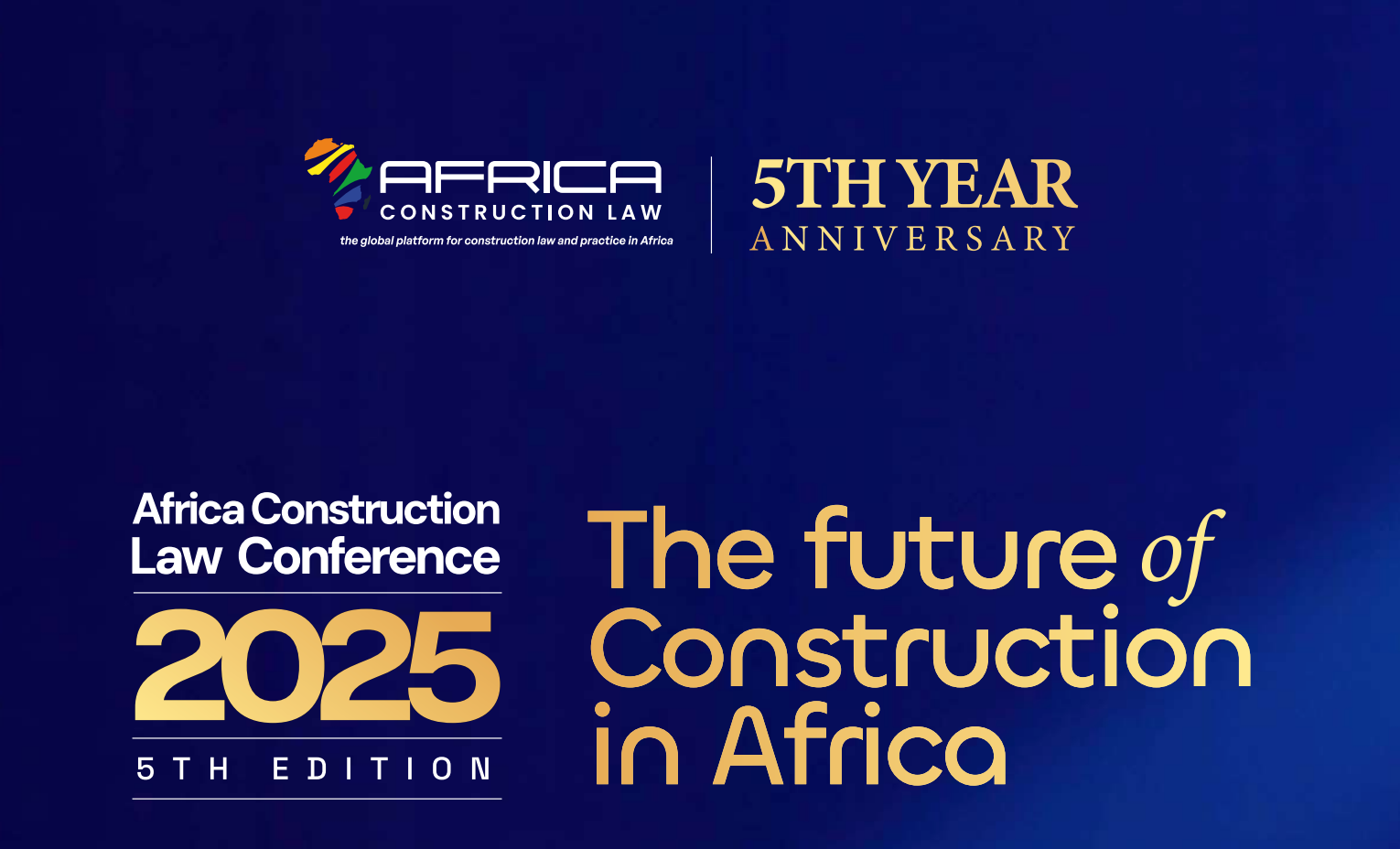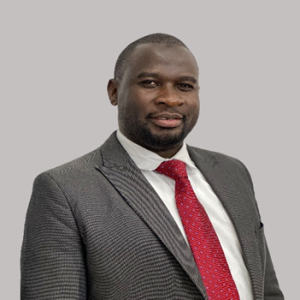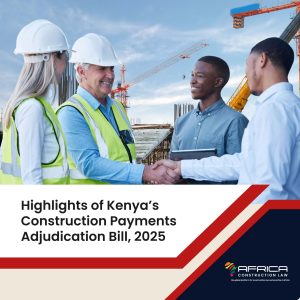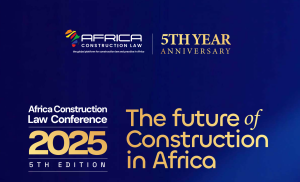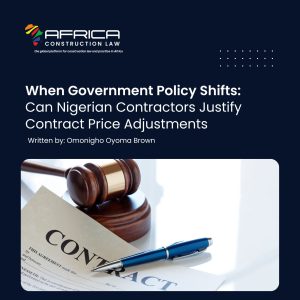Transforming Africa’s Infrastructure Landscape: Key Takeaways from the
Africa Construction Law Conference 2025
Africa’s infrastructure ambitions are vast, yet their delivery is frequently impeded by entrenched legal, financial, and governance challenges. The Africa Construction Law Conference 2025 convened a cross-section of legal practitioners, policymakers, developers, and financiers to critically examine the root causes of underperformance in Africa’s construction and infrastructure sectors, and to chart clear, actionable paths to reform. Across seven thematic focus areas, participants explored the systemic bottlenecks that continue to compromise infrastructure development, while offering concrete solutions that reflect both international best practices and the unique realities of the African context.
One of the central issues addressed was the chronic delay in payments to contractors, a pervasive problem that undermines cash flow, discourages private sector participation, and inflates the cost of delivering public infrastructure. Timely payment is vital to sustaining momentum on projects and ensuring financial viability across the supply chain. The conference identified structural inefficiencies, weak contract enforcement, and insufficient legal remedies as contributing factors, and advanced the need for statutory adjudication mechanisms, enforceable payment certificates, and adjudication bonds. Voluntary fair payment codes were also highlighted as tools to foster accountability and sector-wide behavioural change.
The conference also turned to the persistent challenge of project bankability. Despite the continent’s vast infrastructure financing needs, too few projects achieve financial close. Participants examined the disproportionately high failure rates at the feasibility stage, misaligned risk allocation, and inconsistent legal frameworks that undermine investor confidence. To bridge the financing gap, stakeholders emphasized the need for rigorous project preparation, transparent procurement, stronger public-private partnership (PPP) regimes, and legal reforms that create stability and predictability for capital providers.
Currency volatility emerged as another pressing concern, with African projects routinely exposed to exchange rate shocks that destabilize contract values, delay disbursements, and derail project timelines. Drawing on practical examples from across the continent, the conference presented a toolkit of mitigation strategies, including multicurrency contracting, escalation clauses, natural hedging, and local currency financing backed by development institutions. The integration of epayment systems and regional capital market initiatives was recommended as a longer-term structural solution to enhance currency stability.
As Africa’s construction sector increasingly turns to arbitration as the preferred mechanism for resolving complex infrastructure disputes, the role of national courts came under sharp focus. The conference examined how judicial systems can support—not undermine—arbitration by reinforcing finality, procedural fairness, and enforceability of awards. Using comparative insights from Nigeria, Kenya, Mauritius, and Rwanda, participants explored judicial overreach, fragmented jurisdictional procedures, and the risk of inconsistent enforcement.

